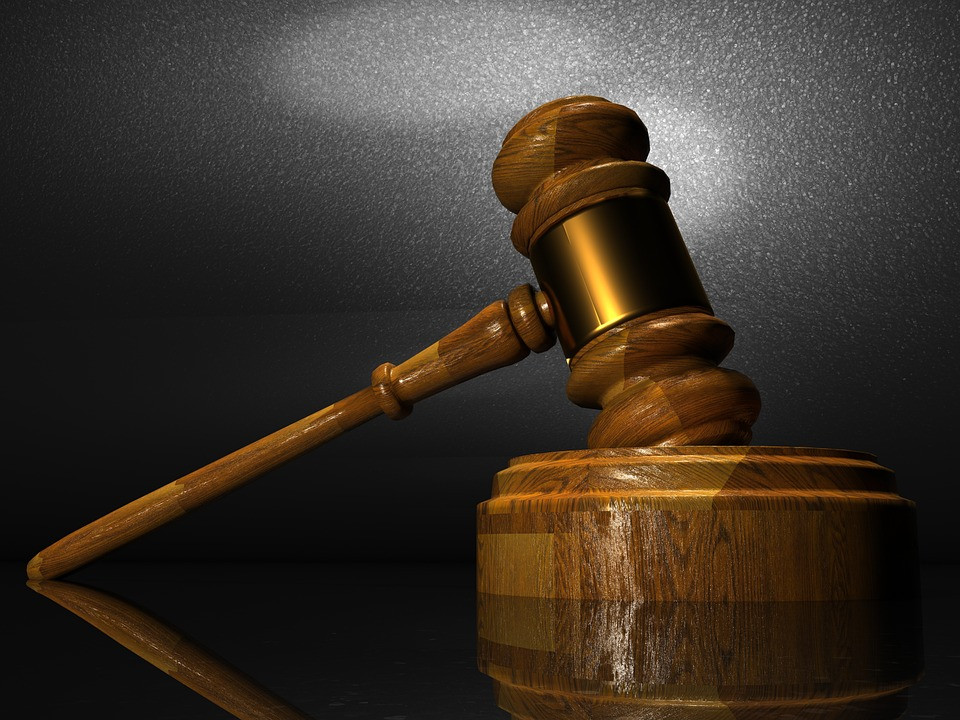
Q: We had a birthday party for our 12-year-old son. One of the kids slipped and fell while bowling, and wound up with a broken arm. We checked, and the approach did have a greasy substance on it. The parents are angry. Do they have a claim against the bowling alley or against us?
D.R., Inglewood
Ron Sokol
A: The owner of the bowling alley has a legal duty to exercise ordinary care in the maintenance and management of the premises to avoid exposing persons to an unreasonable risk of harm. So, how did the greasy substance get there? Should the owner have known about it and removed it? Was it, instead, obvious and someone else there (perhaps a parent) should have dealt with it, or the youngster could have avoided it?
Businesses, such as grocery markets, typically have what is a called a “sweep.” This is an inspection made of the aisles, floors, surrounding shelves and containers at reasonable time intervals. Did the owner do so? At this juncture, it is not possible to opine if the bowling alley is liable until you can gather more of the facts.
As to you being at fault, a question arises about the level of supervision of the kids at the party. A bowling party is not quite a swimming pool, so you may not have a “lifeguard” on hand; however, did one of the kids spill something that resulted in the slippery surface? Can you say you were vigilant, keeping a careful eye on things, and that no one noticed anything too risky? Here again, without knowing more, it is not possible to opine on whether there may be a valid claim against you.
If a claim does come forward, or you become aware that a formal claim is going to be brought against you, consult with a qualified attorney, including to assess if you have coverage through your homeowners policy, and/or if you have a claim in turn against the bowling alley. If you are concerned enough at this point, consult with the lawyer now.
Q: What does a premises expert look for in a slip and fall case?
H.O., Marina Del Rey
A: Often it is essential to have a premises expert conduct an inspection of the area where the slip and fall occurred. Alterations may be made to the site, or the location may be modified. Thus, it can be very important to have the inspection done promptly after the incident, and to seek out (or demand preservation of) any video of the incident.
The expert may photograph or video the site. In addition, he or she may take measurements; may test the soil or ground; and may determine incline, grade and quality of materials. Bottom line, the expert is going to seek to carefully assess information about what happened, how it happened, and be in position to opine if the slip and fall occurred as a result of a defect or dangerous condition. Part of the evaluation may also determine if an ordinance, code provision, rule, custom or law was violated with regard to the condition of the premises.
Q: Are slip and fall cases handled on an hourly or contingency basis?
P.D., Orange
A: In my experience, slip and fall cases are handled on a contingency basis (in other words, the lawyer receives a percentage from any recovery). The percentage that the lawyer charges should be negotiable. Discuss also with the attorney who is going to pay out of pocket costs, and how much might be spent.
Ron Sokol has been a practicing attorney for over 40 years, and has also served many times as a judge pro tem, mediator, and arbitrator. It is important to keep in mind that this column presents a summary of the law, and is not to be treated or considered legal advice, let alone a substitute for actual consultation with a qualified professional.
Related Articles
Who regulates our national parks? Ask the lawyer
What is a liquor license and how do I obtain one? Ask the lawyer
How can we collect the judgment? Ask the lawyer
Can someone become president for life? Ask the lawyer
Can the US Supreme Court be reformed? Ask the lawyer
